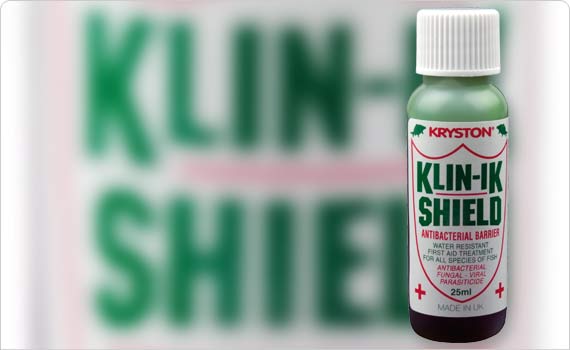We are all trying to be responsible anglers, respecting the environment and practicing good carp care with the fish we catch. Here’s our top 8 tips to help you do that.
1 Make sure that you are using fishing tackle that is suitable for French carp fishing and this means strong and reliable rods, reels and line. French carp on average will be larger than most caught in the UK so please make sure your tackle will be up to the job. In particular use a good quality mainline with a minimum breaking strain of 15lbs.

2. Once you have your carp on the bank you must handle it with care. Make sure that your hands are wet to minimise damage to their protective slime coating and avoid squeezing or any excessive pressure on the fish as this can inflict injury. Never place an unsupported carp upright on the ground as this can damage their internal organs.
3. ALWAYS hold the fish above a fish-friendly mat or cradle during handling… or better still be in the water. Carp can flip out of your hands without notice and it’s imperative they don’t land on the ground.

4. As mentioned in the last point, whenever possible, keep the fish in the water during unhooking and photography as this is safer and will help to reduce stress. When carp are taken out of the water their stomachs are affected due to the force of gravity and air pressure and this is very stressful for them.
5. When you are unhooking the carp it’s important to make sure that you have forceps on hand to safely remove the hook from its mouth as it could be too difficult to release it by hand.
6. Always apply the correct fish care, particularly if the carp has lost any scales or has abrasions to its skin as this will help avoid infections. We would recommend carrying a Environment Agency (EA) approved disinfectant spray along with a product like Klin-ik Carp Care or Propolis to help with damaged scales or cuts on the fish’s flesh.

7. Before releasing the carp back into the lake we always recommend holding the fish upright in the water and gently moving it back and forth to help oxygenate its gills. Usually you will feel the carp kick out with its tail and this point is the safest moment to release it. If for any reason the fish does not seem healthy you must contact the owner immediately as the fish might need further care.
8. Although not directly carp care, please always respect the environment and dispose of any waste properly to avoid damaging wildlife. This includes using the recycling and rubbish bins or collecting your rubbish for disposal away from the lake. Never dispose of leftover liquids or rubbish into the lake or around the water’s edge as they could contaminate the lake and kill the fish.
For more information on Carp Care visit this Blog post

Comments